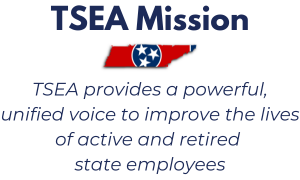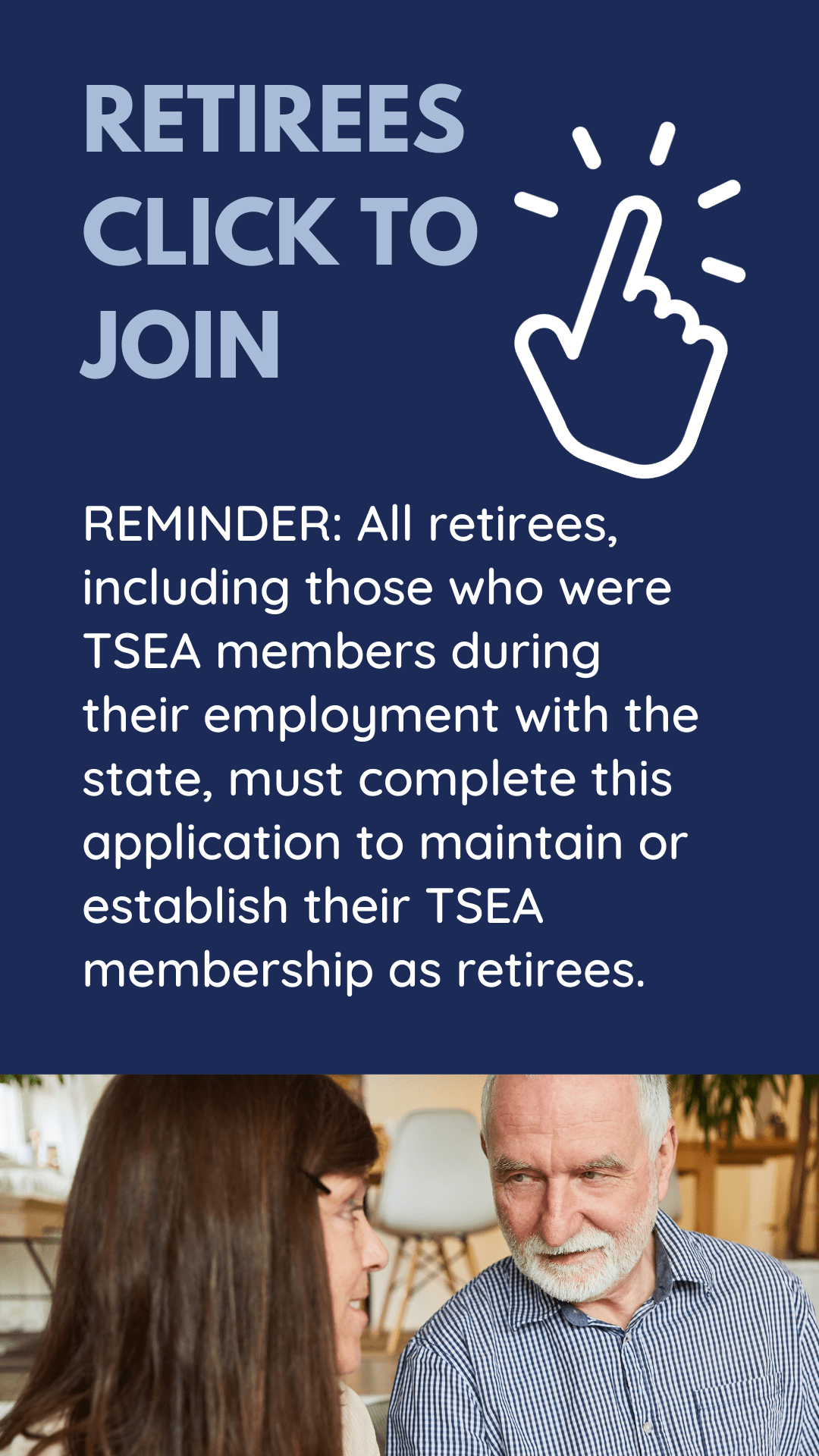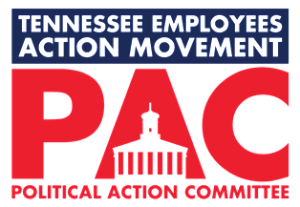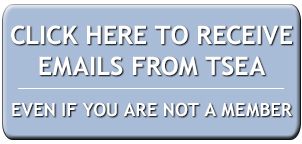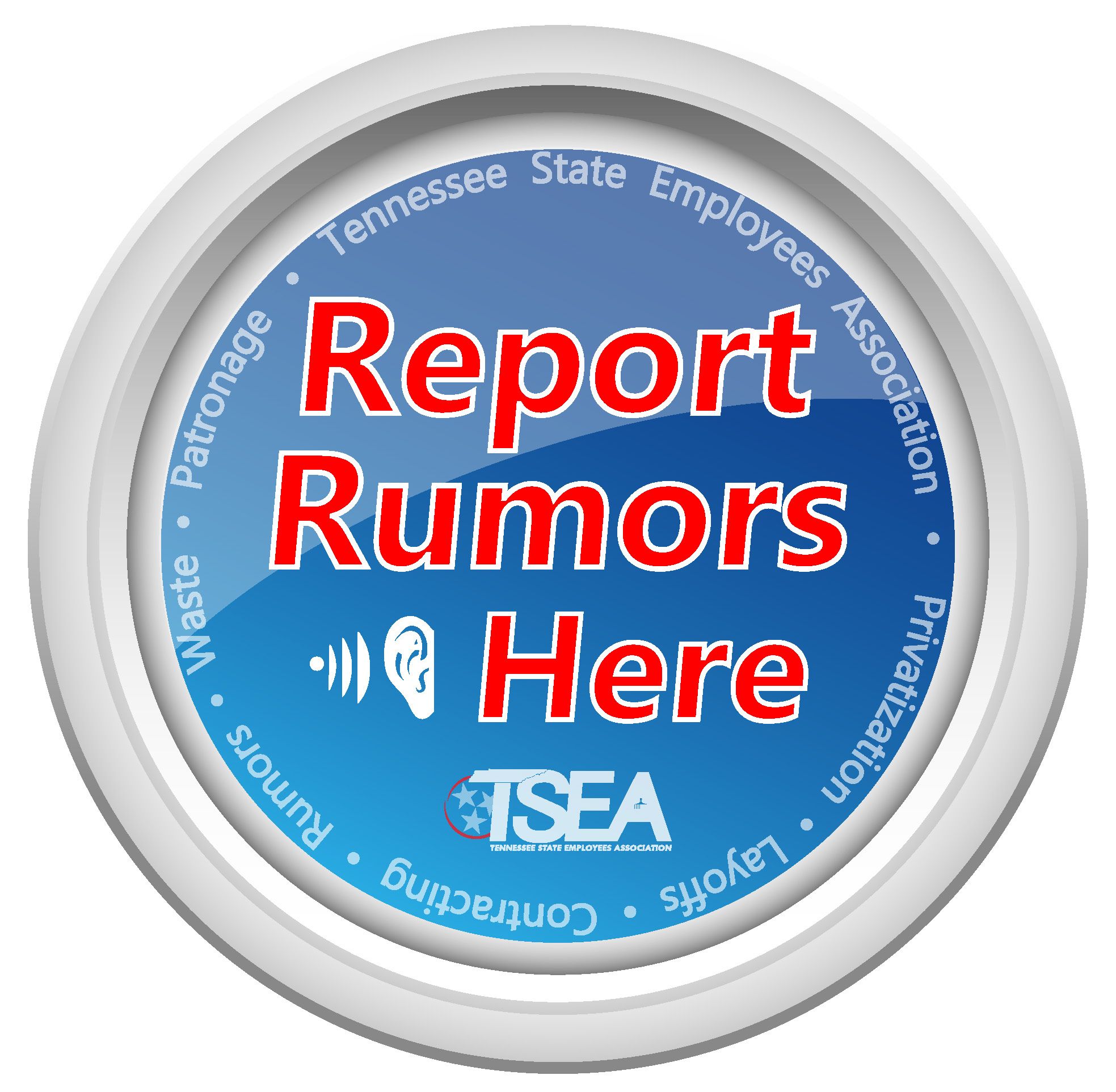As we look forward to the General Election on Tuesday, November 8, it is vital that state employees remain aware of the legal limitations regarding involvement in political activities. This includes campaigning for or against a measure, party, or individual candidate. While individual citizens may have few rules which govern their activities, state employees are bound by numerous regulations which, if violated, may have serious consequences. In this article we will review the federal and Tennessee law regarding political activity by state employees.
Political involvement by state employees is regulated by both state and federal law. On the state level, involvement is regulated by T.C.A. § 2-19-201 through 208. This section of the Tennessee code is referred to as “The Little Hatch Act” because it mirrors the regulations of political activity by federal employees set forth in 5 U.S.C. §1501 through §1508 (The Hatch Act). Under Tennessee law, it is unlawful for any public officer or employee to use their position, authority or influence to interfere with an election or nomination for office. Under this statute, state employees are prohibited from:
1. Displaying campaign literature, banners, placards, streamers, stickers, signs, or other items of campaign or political advertising on the premises of state property.
NOTE: Employees may display a decal or bumper sticker on their personal vehicle while parked on state property. Do not place political or campaign materials on any state-owned vehicle.
2. Using state-owned property for campaign advertising or activities.
NOTE: The Little Hatch Act also prohibits state employees from posting campaign flyers in the break room or bulletin board at the office. Likewise, it is prohibited to hold a campaign rally at your work site.
3. Engaging in political activity that is not directly a part of your employment during work hours.
NOTE: This element also encompasses any online activities during work hours so don’t post campaign articles on social media or send campaign emails from your work computer or state email during or after work hours.
T.C.A. § 2-19-201 lays out what is considered political activity and provides detailed infor-
mation on each category. For example, an election includes all elections, local, municipal, primary, general, state, federal and special and any election in the state, any county, municipality or other political subdivision. However, it does not include activity related to a referenda or issues submitted to a vote in a political convention or caucus.
NOTE: Despite the allowance of activity in political conventions and caucuses, it is still good practice to refrain from engaging in any campaigning or other political activity during work hours on the work site.
T.C.A. §2-19-201 further defines employees as all employees of the executive branch of the state government, or any department, division, or agency and all appointed officers and employees. This means that the prohibitions of the Little Hatch Act apply to both preferred service employees and executive services employees.
For executive service employees, the Little Hatch Act prohibits the following political activities:
1. Intimidating or coercing public officials and employees to interfere with an election, nomination, or measure.
2. Receiving or paying any kind of monetary compensation for election expenses.
3. Soliciting, either directly or indirectly, any contributions for political purposes or campaign expenses from persons or entities that are connected to the state or that do business with the state.
4. Promising state benefits, including but not limited to, employment, contracts, work, or loans because of a person’s or entity’s political activity.
If you do not believe you or your department are included under the Tennessee Little Hatch Act, the federal Hatch Act may apply if your department receives federal funding. Per 5 U.S.C § 1501, a state employee means an employee of a state or local agency whose principal employment is in connection with an activity that is financed in whole or in part by loans or grants made by the United States or a Federal Agency. This includes state agencies such as, Children’s Services, Corrections, and Transportation in addition to others. Finally, DOHR policy 12-012, Political Activity by State Employees dictates all political activity by state employees falls under the Tennessee Little Hatch Act or the federal Hatch Act.
While the majority of the prohibitions discussed in this article center around what takes place during work hours and on the work site, they also extend to state employees who are
working under an Alternative Work Solutions schedule. While you are working from home
or a remote site, you are still conducting business of the state.
A violation of the Tennessee Little Hatch Act is a Class C misdemeanor which is punishable up to 30 days in jail, a fine of up to $50, or both. DOHR Rule 1120-10-.03 provides that a violation of Tennessee Little Hatch Act or federal Hatch Act may result in discipline up to termination.
Now what about campaigning or voting during your time off work? Tennessee state law requires “any time off from work used by the employee for participation in political activities shall be limited to earned days off, vacation days, or by any other arrangements worked out between the employee and the municipal or county governmental body.” However, just make sure that you have the approved time off prior to campaigning. In conclusion, you may still get involved in
political races this season, just be mindful of the limitations of your activity due to your position as a state employee.
For further information on Tennessee voting laws, please contact the TSEA Legal Services
Division at (615) 256-4533 or (800) 251-8732.
By Sara Snyder
TSEA Senior Legal Coordinator






